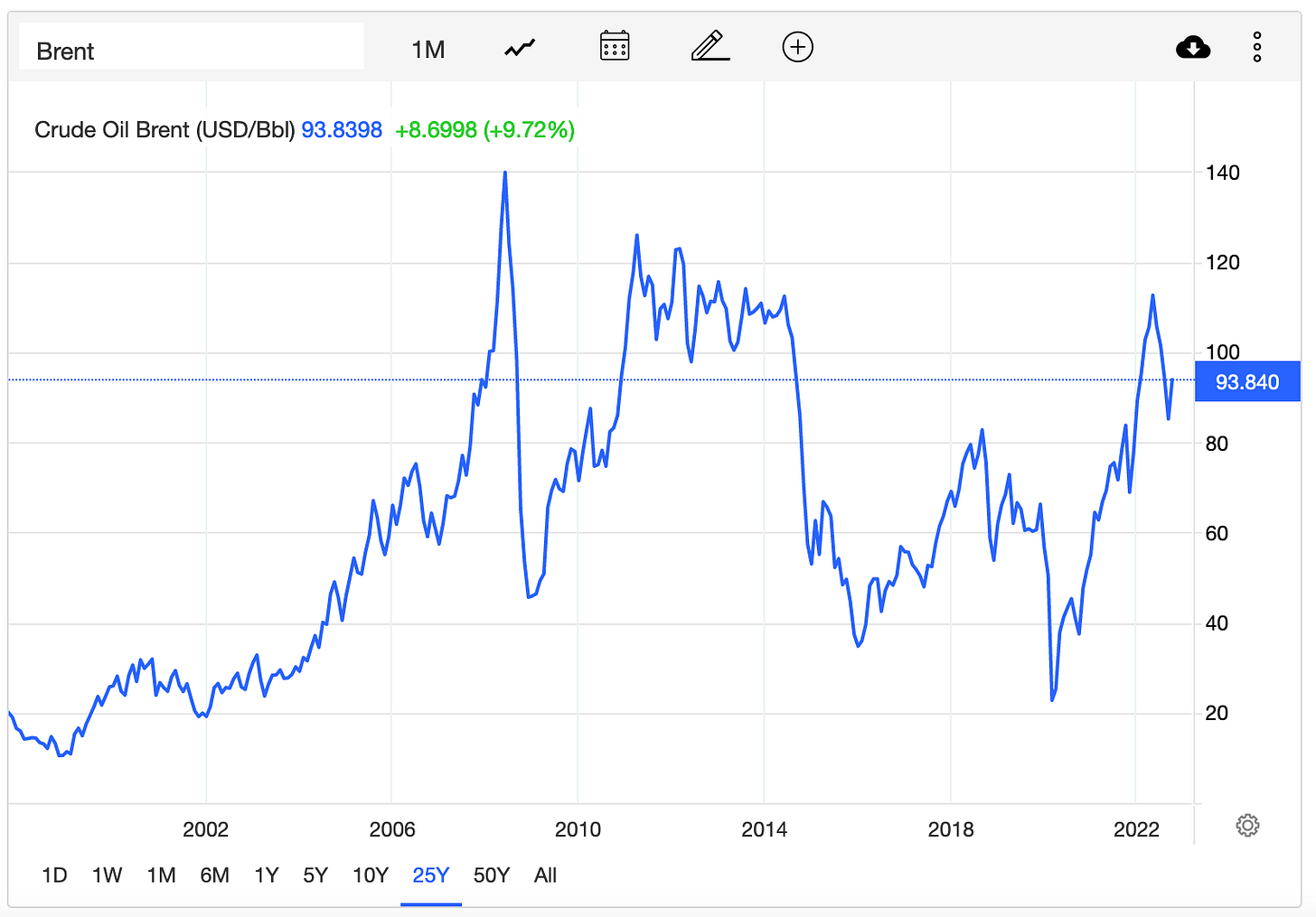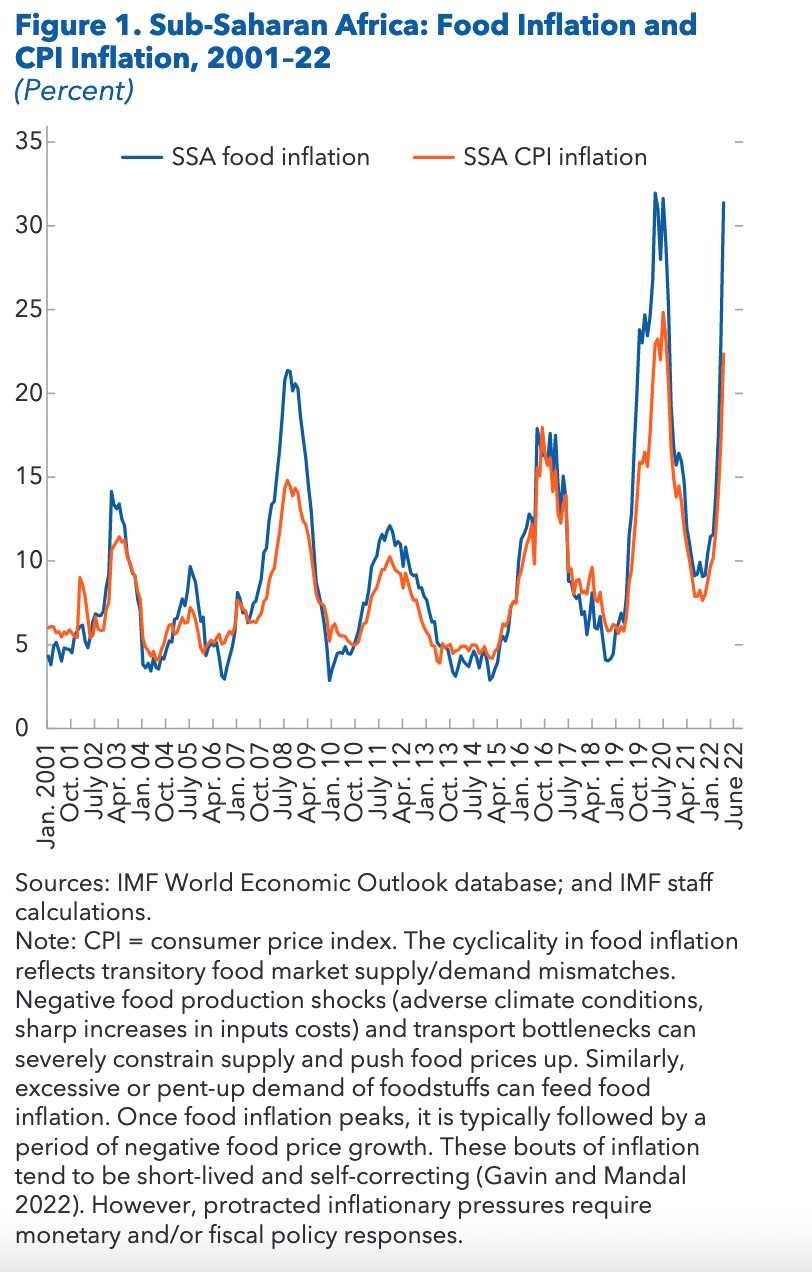Production cuts to support oil prices stand to intensify food-price inflation and the looming hunger crisis in OPEC’s backyard.
(Originally published Oct. 6 in “What in the World“) The Organization of the Petroleum Exporting Countries on Wednesday agreed with Russia to cut production in order to prop up oil prices—already above $90/bbl. As much as a diplomatic snub as that was to the West’s efforts to unite global opinion against Moscow and Beijing, it stands to hasten the looming food crisis, particularly in Africa.

Fuel is one of the major inputs to agriculture pushing food prices higher. From seeds and fertilizer to equipment and gas, skyrocketing input costs have pushed the costs of growing crops for U.S. farmers up by 40%, according to one professor.
The weather is working against them, too. Scientists say global warming has made severe droughts 20 times more likely than a century ago. Climate change is being blamed for the intense droughts gripping China, Europe, and the United States. That dry weather has hurt corn yields, helping send global prices for corn up 15% so far this year.
Rising prices for corn and other agricultural commodities have prompted China to begin restricting exports of corn starch. China’s move follows a similar ban on exports of broken rice last month by India. China is largely self-sufficient in corn and imports of the grain, as well as exports of corn starch, are relatively small. But with supplies tight amid adverse weather, higher prices for even marginal supplies from abroad can have an outsized impact on the overall domestic market.
The rising price of food created by climate change has already sparked an effort by the International Monetary Fund to raise billions of dollars in emergency funds to stave off a food crisis. In a report published last month, the IMF warned that climate change was intensifying chronic food insecurity in sub-Saharan Africa, where 12% of the population—123 million people—cannot get enough food to eat.

It’s ironic, because seven of OPEC’s 15 members—Algeria, Angola, Congo, Equatorial Guinea, Gabon, Libya, and Nigeria—are African. But only two of those countries—Angola and Nigeria—are among the African nations facing rising food insecurity due to climate change and the war in Ukraine. To the rest, OPEC’s message seems to be “bon appetit.”